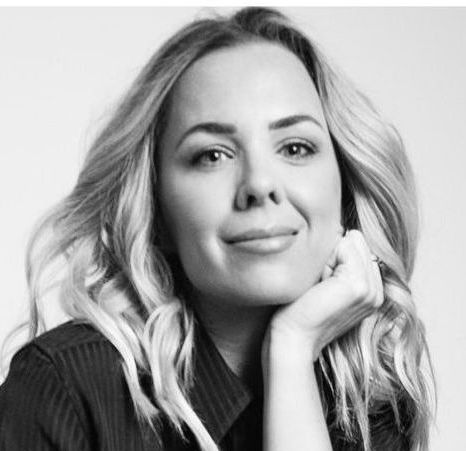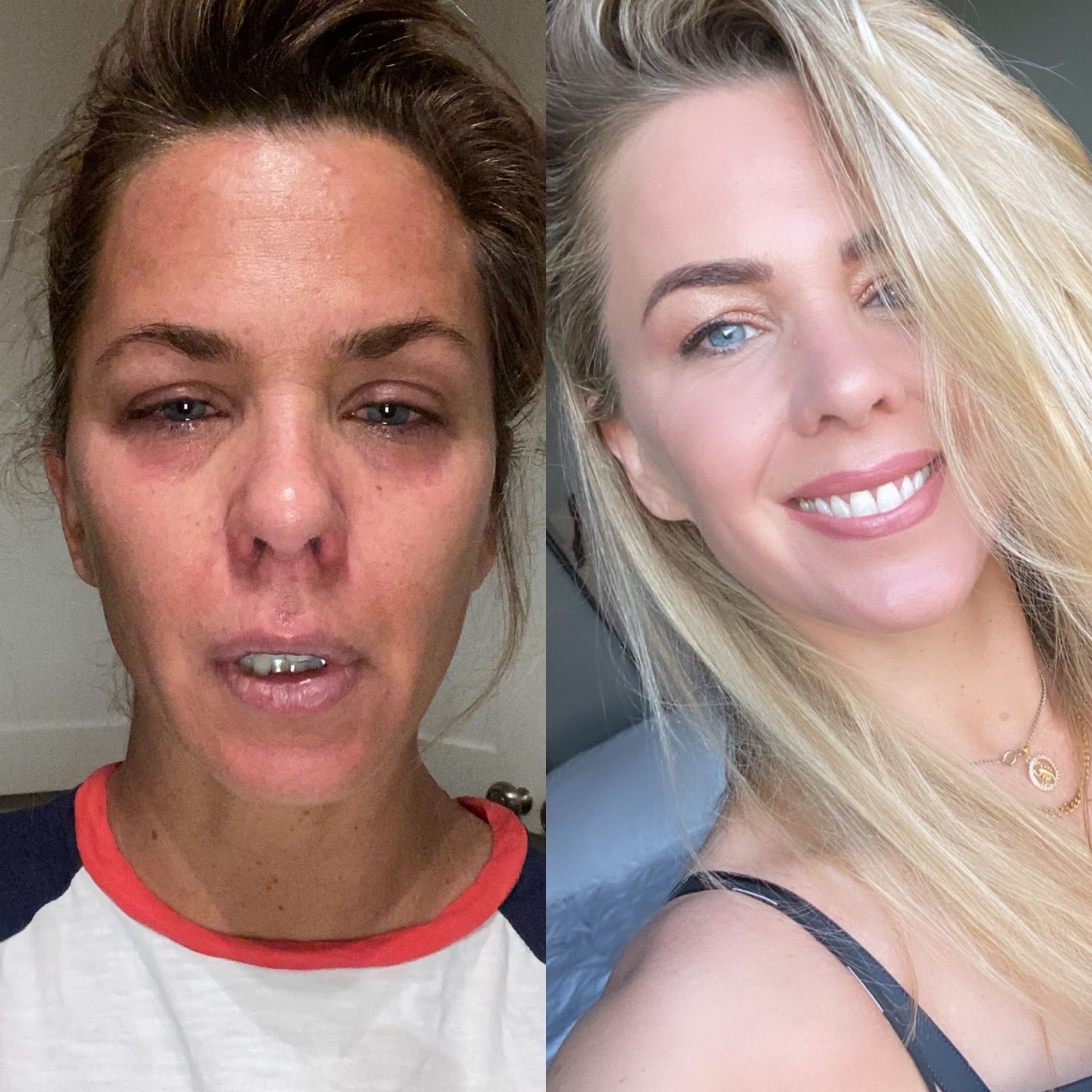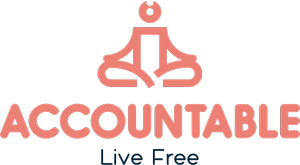Breaking Barriers: Black History Month and the Intersection of Mental Health and Substance Use Disorder
February marks the celebration of Black History Month, a time to recognize the invaluable contributions of African Americans throughout history and today. Beyond the achievements and milestones, it’s imperative to shed light on the intersections of mental health within the black community. First-hand experience has exposed the gaps in access to treatment. Historical adversities like slavery and systemic exclusion from leverage, equity, inclusion and basic human rights have left a lasting impact, manifesting as socio-economic disparities and barriers to mental health treatment today.
The Connection Between Black History and Mental Health:
While mental health conditions don’t discriminate based on race, the challenges of accessing adequate mental health treatment are more common for people of color, particularly African Americans. Misdiagnosis, limited access to healthcare, and the scarcity of African American mental health professionals contribute to a significant disparity in mental health outcomes. After an unprovoked assault in 2017, I was told by a therapist that I had exhibited symptoms of Post Traumatic Stress Disorder (PTSD). However, the follow-up, specialist referral, an official diagnosis and treatment were all lacking.
Key Trends:
The statistics reveal a harsh reality. African American adults are 20% more likely to experience mental health issues than the rest of the population. Black young people face challenges in accessing mental health services compared to their white counterparts. Only 25% of African Americans seek treatment for mental health issues, in contrast to 40% of Caucasian individuals. Socioeconomic factors further propagate the situation, with those living below the poverty line being three times more likely to report severe psychological distress.
The Role of Stigma and Lack of Representation:
Misdiagnosis by healthcare professionals, societal stigma, and a shortage of black mental health practitioners contribute to the current plight of access to mental health resources in the black community. The underrepresentation of blacks in mental health professions, as highlighted by the statistics, creates a significant gap in culturally competent care. 6.2% of psychologists, 5.6% of advanced-practice psychiatric nurses, 12.6% of social workers, and 21.3% of psychiatrists are members of underrepresented groups. Remember my therapist who informed me about my PTSD? Well, she was also black. I’ve often wondered if she was equipped to complete a full diagnosis, with recommended treatment. Or did she face barriers in performing her professional duties?
Paving the Way for Change:
Black History Month serves as a reminder to work continually towards breaking down those barriers for the underrepresented, ensuring equal access to mental health and substance abuse resources. Notable figures like Dr. Solomon Carter Fuller, Dr. Paul Cornely, and Mamie Phipps Clark have paved the way for equitable healthcare, making significant contributions to psychiatry, public health, and psychology, respectively.
A Call to Action:
As Dr. Martin Luther King Jr. wisely stated, progress requires relentless forward movement. Beyond February, it is our collective responsibility to advocate for equal access and dismantle the barriers preventing adequate mental health care. By building awareness, supporting initiatives that promote inclusivity, and demanding change at all levels, we can contribute to a society where mental health is prioritized for everyone. And, hopefully, we may all experience a world where all voices of positive self advocacy are welcomed and encouraged.
Sources:
Excerpts and data used from Discoverymood.com, National Alliance on Mental Illness (NAMI), American Psychological Association, American Psychiatric Association, and Plymouth Psych Group




hello@youareaccountable.com
(646) 450-7641